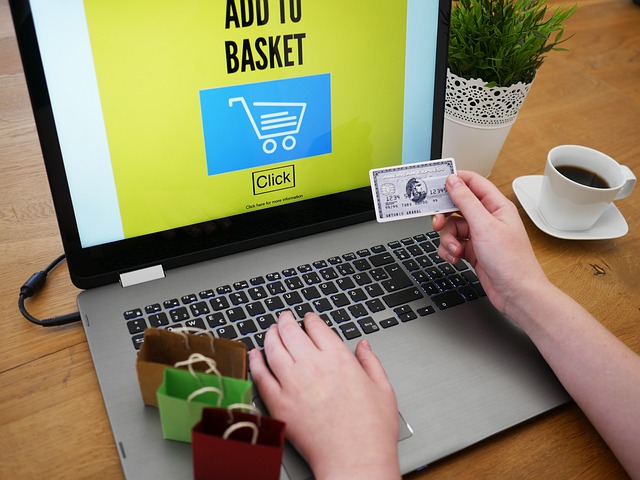We all know the feeling of wanting to treat ourselves every once in a while. Whether it’s a new pair of shoes, a fancy dinner, or a weekend getaway, impulse buying can be tempting. However, as enjoyable as it may be in the moment, impulsive spending comes with hidden costs that can be damaging to our long-term financial stability.
In this blog post, we’ll explore the hidden costs of impulsive spending and provide some tips on how to avoid them.
Debt Accumulation
One of the most significant hidden costs of impulsive spending is debt accumulation. When we make purchases without considering our budget or financial situation, we may end up spending more money than we can afford. This can lead to credit card debt, personal loans, or other forms of borrowing.
Debt accumulation can have a significant impact on our financial future, as we will need to repay the borrowed funds plus interest over time. This can limit our ability to save for the future, invest in assets that appreciate over time, or pay for unexpected expenses.
Missed Opportunities
Another hidden cost of impulsive spending is missed opportunities. When we spend money on things we don’t need, we miss out on the chance to invest in assets that appreciate over time, such as stocks, real estate, or retirement accounts.
These missed opportunities can have a significant impact on our financial future, as we may miss out on the potential growth and returns that these investments can provide over time.
Opportunity Costs
Opportunity cost is the cost of an opportunity forgone in order to pursue a certain action. When we spend money impulsively, we incur not only the direct cost of the purchase but also the opportunity cost of what we could have done with that money instead.
For example, if you spend $500 on a new designer handbag, you not only lose $500, but you also miss out on the opportunity to use that money for something else, such as paying down debt, investing in your retirement account, or taking a vacation.
Emotional Costs
Impulsive spending can also have emotional costs. When we make purchases without thinking them through, we may experience guilt, regret, or shame afterward. These negative emotions can lead to stress and anxiety, which can have a detrimental effect on our mental health and overall well-being.
Relationship Costs
Finally, impulsive spending can have related costs. When we spend money without consulting our partners or family members, we may create tension or conflict in our relationships. This can lead to arguments, resentment, or mistrust, which can have a long-lasting impact on our personal and professional relationships.
How to Avoid the Hidden Costs of Impulsive Spending
Now that we’ve explored the hidden costs of impulsive spending, let’s discuss some strategies for avoiding them.
Create a Budget
Creating a budget is one of the most effective ways to avoid impulsive spending. By setting clear spending limits for different categories, such as groceries, entertainment, and transportation, you can ensure that you are spending within your means and avoiding debt accumulation.
Use Cash
Another way to avoid impulsive spending is to use cash for your purchases. When you only have a set amount of money on hand, you are less likely to overspend or make impulsive purchases.

Wait Before Making a Purchase
Before making a purchase, wait a day or two to think it through. This will give you time to consider whether the purchase is necessary or if there are alternative ways to spend the money.
Prioritize Your Goals
Prioritizing your financial goals can also help you avoid impulsive spending. By focusing on what you want to achieve, such as paying off debt, saving for retirement, or buying a home, you can resist the temptation to make unnecessary purchases.
Seek Support
Finally, seeking support from friends, family, or a financial advisor can also be helpful in avoiding impulsive spending. Talking through your financial goals and concerns with someone you trust can provide valuable perspective and help you make more informed decisions about your spending. For more information, visit their page, where they discuss various subjects such as credit monitoring.
In conclusion, impulsive spending comes with hidden costs that can be damaging to our long-term financial stability. These hidden costs include debt accumulation, missed opportunities, opportunity costs, emotional costs, and related costs. To avoid these costs, it’s important to create a budget, use cash, wait before making a purchase, prioritize your goals, and seek support when needed. By being mindful of our spending habits and making intentional choices about our money, we can achieve financial security and peace of mind.

